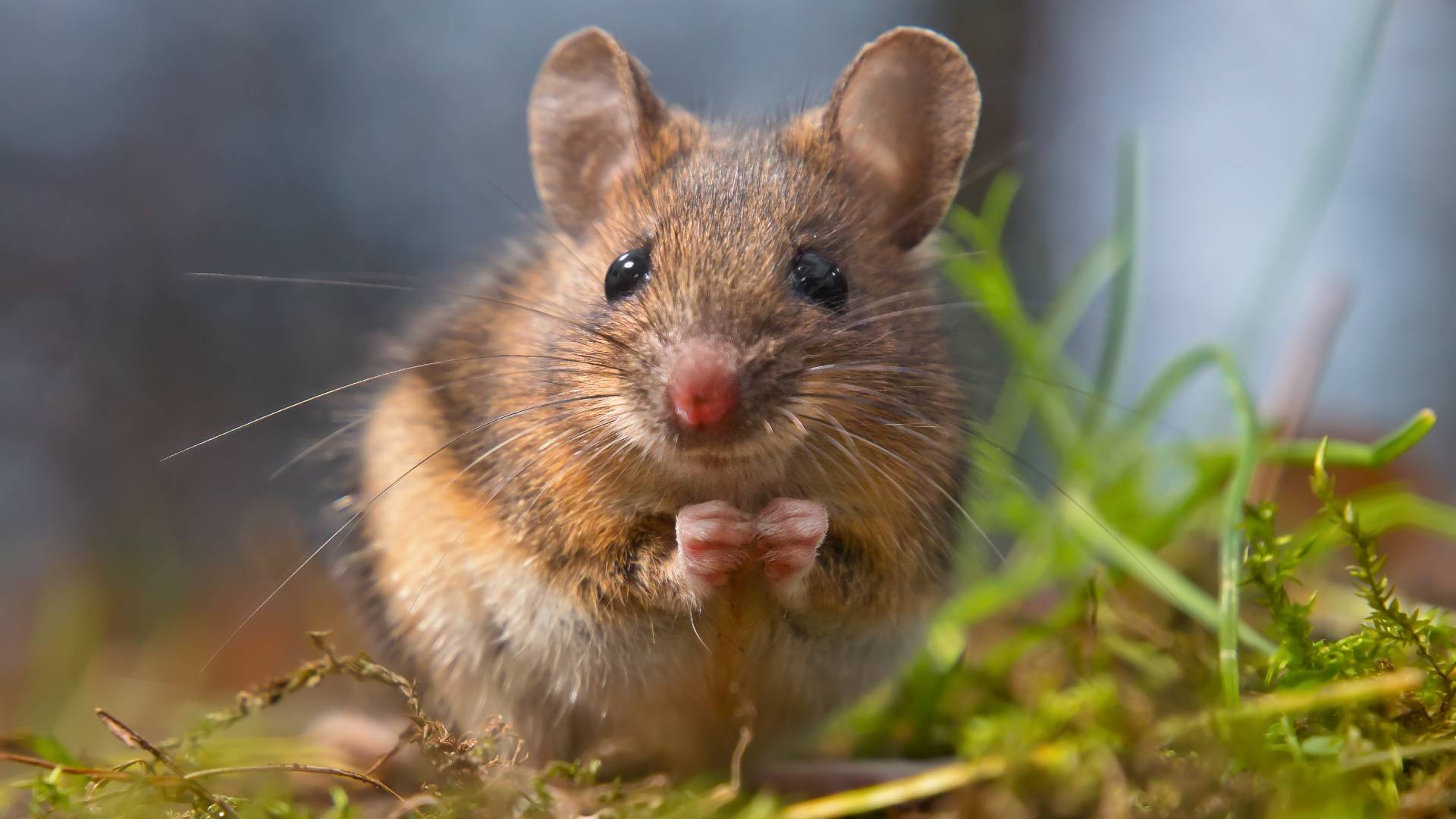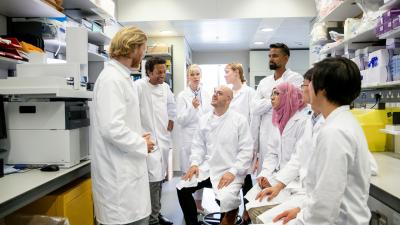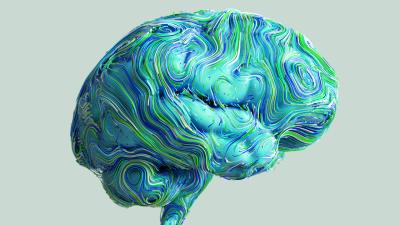NIH Follows Through on Nonanimal Methods Working Group After 18 Months of Pressure

The Physicians Committee applauds the National Institutes of Health (NIH) for forming a new working group to articulate high-priority areas for investment in nonanimal methods; but these efforts are long overdue, and time will tell if the agency can overcome its own culture of resisting animal reduction and replacement.
In 2019, a special working group was formed within the NIH’s Advisory Committee to the Director to provide the health research agency with recommendations to enhance rigor, transparency, and translatability in animal research. Throughout the duration of this working group’s activity and upon the release of its final report on June 11, 2021, the Physicians Committee remained critical of the group’s goal, which was fundamentally misguided from the start—no number of reforms to non-human animal research will increase translatability enough for animal research to be fruitful or wise.
One encouraging sign of progress did emerge from the group, though: a recommendation for the NIH to establish another working group on nonanimal modeling systems. We have enthusiastically supported this recommendation for the past year and a half but have been disappointed at the lack of uptake. That is, until now.
Finally, after mounting pressure from the Physicians Committee and other animal advocates, the Advisory Committee to the Director is moving forward with this working group, which they are calling the Novel Alternative Methods Working Group. On December 8, 2022, the committee announced the charge of the working group to assess the current landscape of nonanimal methods and to articulate high-priority areas for NIH investment in their development and use.
While this is certainly exciting progress for the NIH, which has demonstrated a systemic resistance to the reduction and replacement of animals, we’re managing our expectations. After all, this is not a commitment to invest in nonanimal methods like the FDA’s Alternative Methods Working Group; this is an external advisory body with a temporary charge, and the NIH is not beholden to any of its final recommendations.
Nevertheless, the activity of the NIH’s Novel Alternative Methods Working Group presents an important opportunity for Physicians Committee experts to weigh in on how best to shift away from the use of animals and toward more ethical and effective human-specific methods. Our recommendations to the working group have so far included taking actions such as exploring infrastructure and training as important areas for investment—highlighting the need for robust, accessible materials like tissue chips and human cells. We’ve also been sure to point out the NIH’s animal methods bias, which has contributed to the historical lack of investment in nonanimal methods, and we recommend that the working group acknowledge this bias and work to address it.
The NIH’s Advisory Committee to the Director Novel Alternative Methods Working Group plans to release its final report in December 2023 and in the meantime is soliciting input from stakeholders like the Physicians Committee. We will continue to push the NIH and their advisors to recognize the dire need to shift away from the use of animals in medical research and to advance a more holistic and effective approach to human health.







